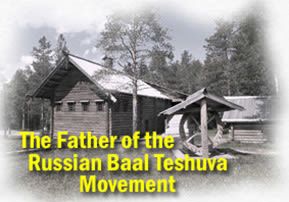
Father of the Russian Baal Teshuva Movement
The fire continued raging around them. Huts collapsed and people died but Rabbi Zilber and the Jews who were with him in the smoke-filled room...

Rabbi Yitzchok Zilber, known as the father of the Russian baal teshuva movement, displayed tremendous self-sacrifice to observe the mitzvot in the Soviet Union. He was sent to a Siberian labor camp for teaching Torah.
Every Rosh Hashana, the few Jews that were in the camp secretly gathered together for the Rosh HaShanah prayers. One year, towards the end of the services, a fire broke out in the camp. All the prisoners were pushed into a smoke-filled room. The door was locked from the outside, to prevent the prisoners from escaping.
The words of Unesaneh Tokef, which had been said just a short while earlier, became very real: "Who will live, and who will die … who by water and who by fire…" The fire continued raging around them. Huts collapsed and people died but Rabbi Zilber and the Jews who were with him in the smoke-filled room miraculously survived the blaze. On Yom Kippur, Rabbi Zilber also secretly convened a minyan for a short, half-hour service.
Rabbi Zilber's job at the labor camp was to bring the water from the river to the camp. Although it was one of the hardest jobs in the camp, he had chosen it because he was able to complete his work before Shabbat and refrain from desecrating the holy day.
One time, soldiers summoned him to the camp commander while he in the middle of praying the Shemoneh Esrei (silent prayer). He didn't respond. They soldiers started shouting at him, but he refused to interrupt his prayers. One of the soldiers commented, "If he can stand like that while praying, then even if they kill him they won't be able to move him." They waited until he finished praying.
After he was released from the Soviet labor camp, Rabbi Zilber moved to Tashkent. At first he was petrified of the authorities and prayed with a private minyan, where he was certain there were no informers. Later, he started attending the less safe unofficial shul. One day the official shul in the Chimgan neighborhood of the city contacted him and asked him to read the Torah for them because there was no one else to do it.
The shul was teeming with informers. Rabbi Zilber's friends warned him not to go, but he was made of stronger stuff. He pitied the good Jews who would be left without anyone to read the Torah for them. On Shabbat he came to read the Torah, but when he began, he heard talking in the background. He stopped reading and only continued when it was completely quiet.
Within a few weeks he succeeded in conveying the importance of the matter to the congregants, and no one dared speak during the Torah reading anymore. After some time, he began giving a Torah lesson after the services, and wonder of wonders — no one informed on him!
(Used with permission from goodShabboseveryone@yahoo.com can be viewed on line at http://www.civlitigation.com/gs/index.asp)


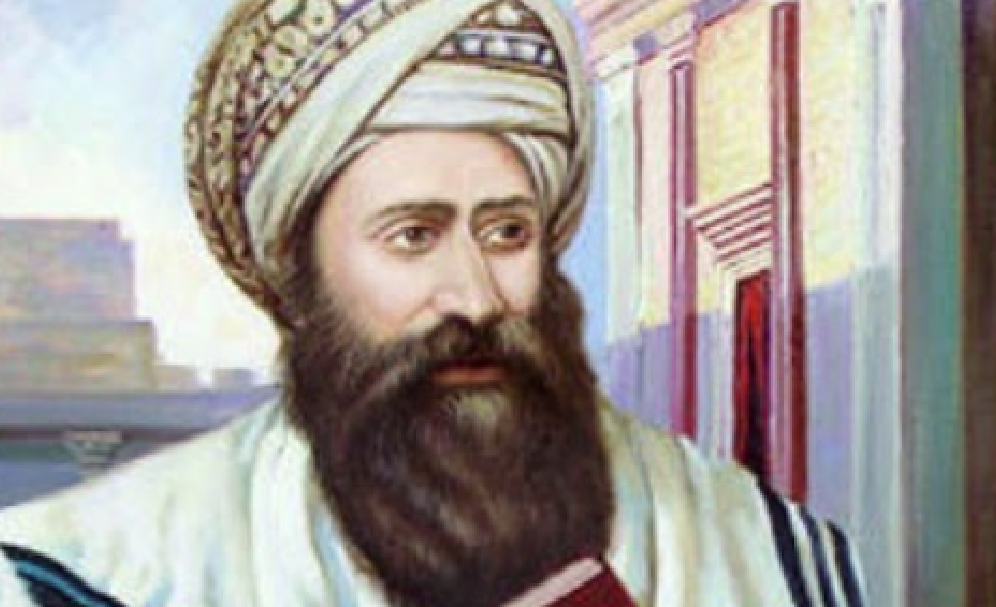
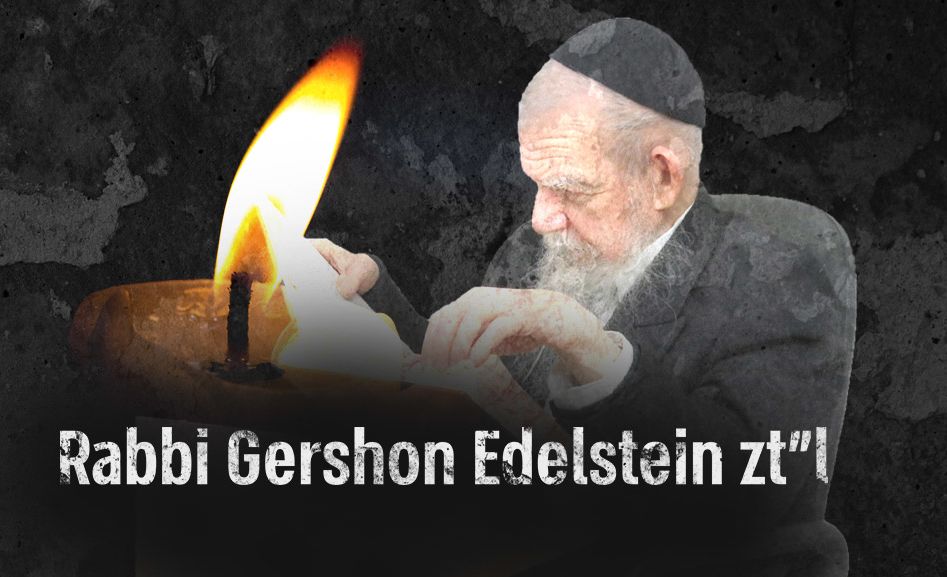
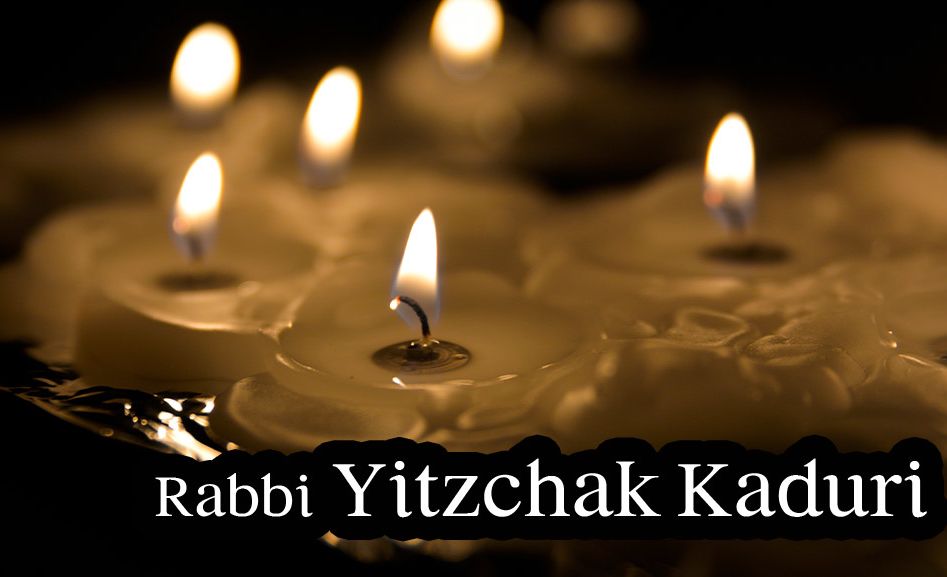
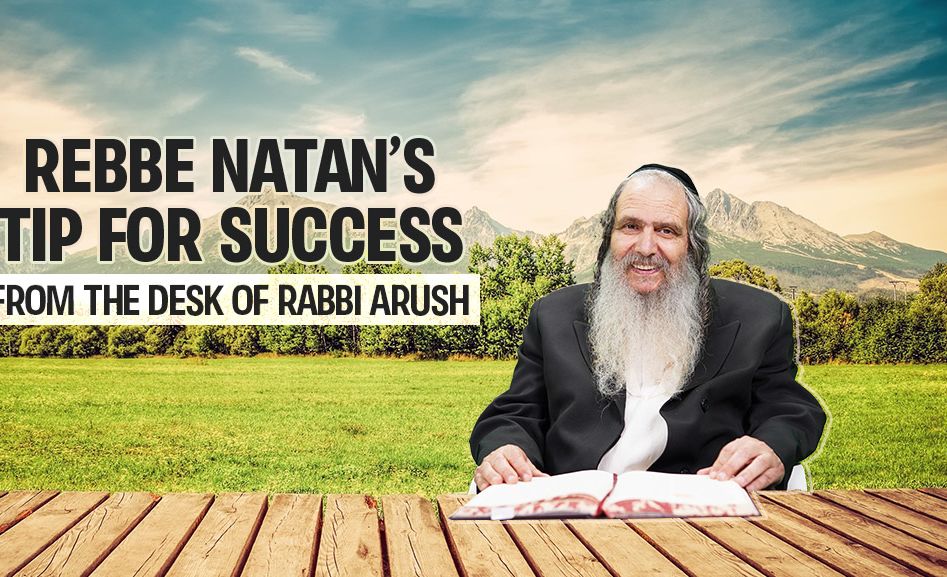
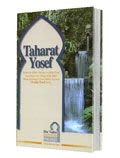
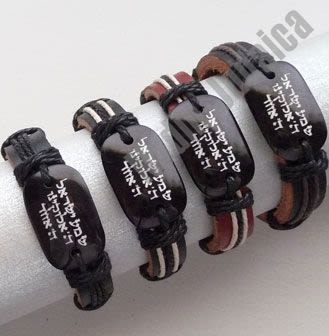
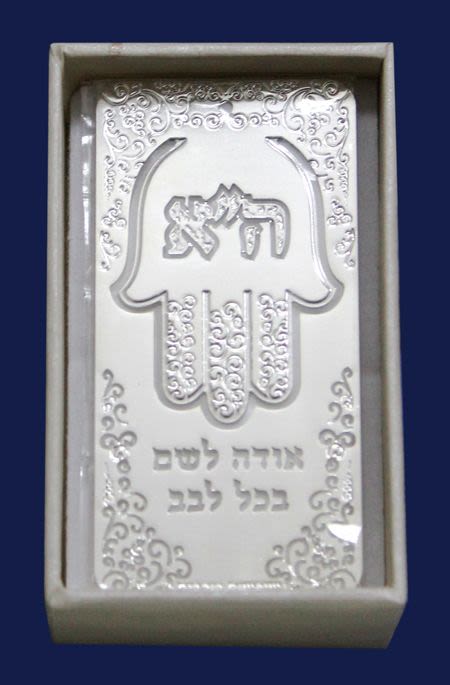
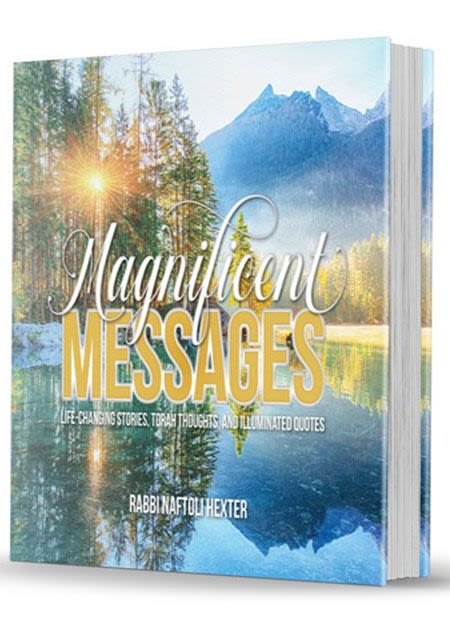
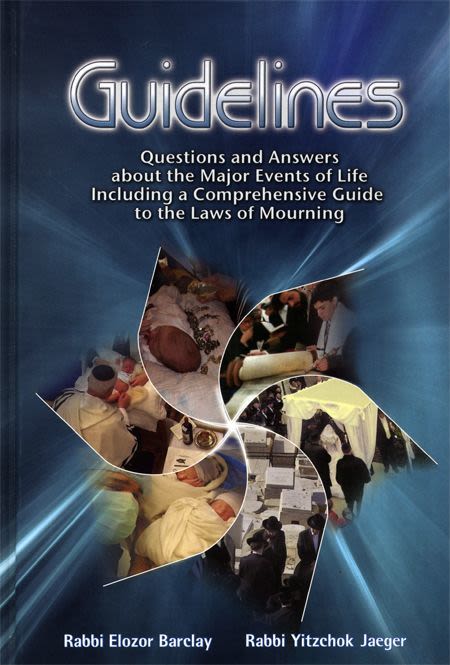

Tell us what you think!
Thank you for your comment!
It will be published after approval by the Editor.